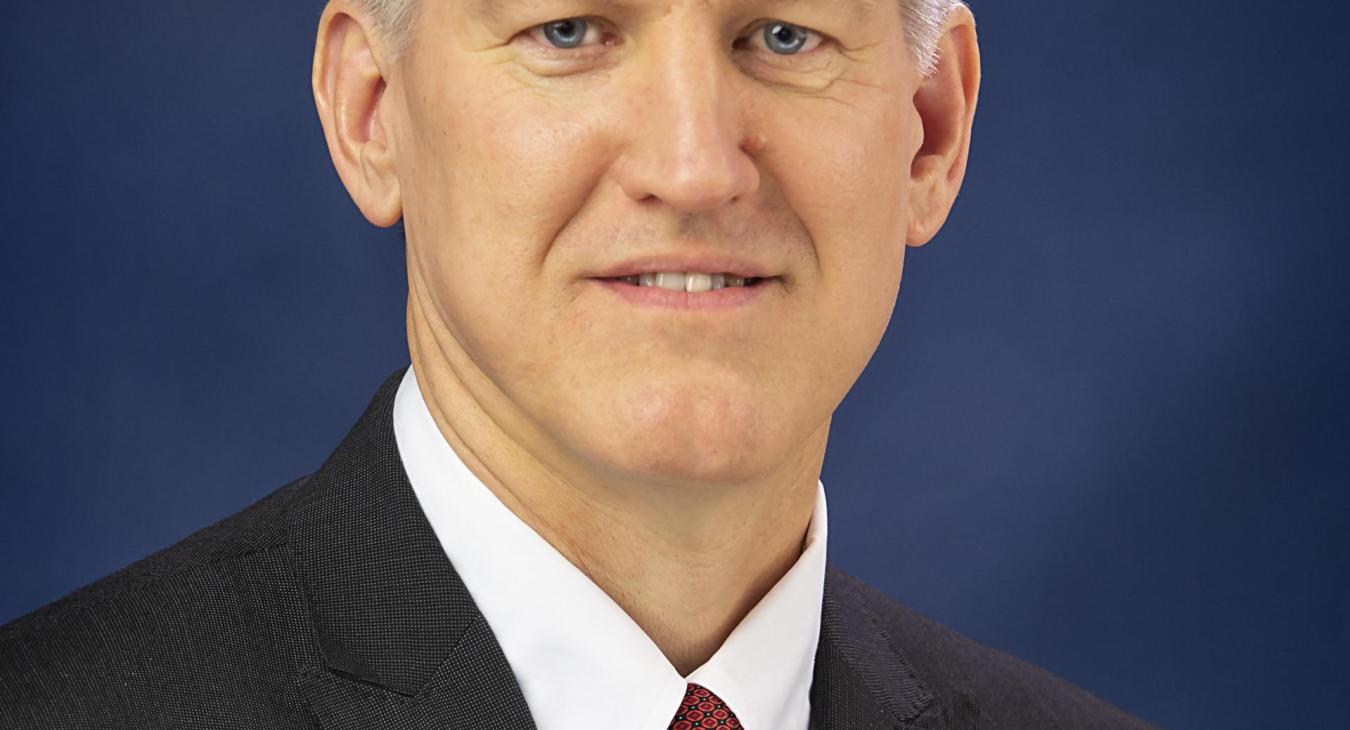By Bruce Vitosh, Norris Public Power District general manager
Leaders from more than 2,000 electric cooperatives and public power districts (electric utilities) who are members of the National Rural Electric Cooperative Association (NRECA) gathered in Washington, D.C. to visit with their Congressional members about federal legislative priorities. It is extremely important that policymakers understand electric industry issues and make informed decisions when introducing or considering the approval of legislative bills.
It is essential that Nebraska Rural Electric Association (NREA) members remain actively involved in the legislative process to advocate for membership and to educate policymakers on electric industry issues. The Nebraska Rural Electric Association and the NRECA collaborate on existing and new legislation being considered or introduced that may impact future energy needs.
Electric utility leaders had a very successful and worthwhile visit to Capitol Hill. Everyone with the NREA contingent was very thankful and appreciative of the Nebraska Congressional members who allowed time within their busy schedules to meet us in their offices and to sincerely take an interest in energy matters that are so vital for local communities, the economy and national security.
The following five legislative priorities were discussed with the five Nebraska Congressional members on Capitol Hill:
1. Reliable and Affordable Electricity: Electrification of the economy, the tumultuous retirement of existing generation, permitting challenges, supply chain shortages and the availability of natural gas all impact the reliability of the electric grid. As electric utilities work to meet the changing demands of our communities and our customers, prioritizing reliability and affordability is paramount. Policymakers should recognize the need for time, technology development and new transmission infrastructure while supporting policies that are inclusive of all energy sources.
2. Permitting Reform: Approval of new electric generation and transmission projects can take a decade. As the electric industry pivots towards the electrification of the transportation sector and the decarbonization of the generation fleet, the approval process must be made more efficient. Expedited environmental reviews, limits on judicial review and allowing multiple agencies to review project applications simultaneously can expedite the process. Permitting reform should be done to allow for regulatory certainty.
3. Supply Chain Issues: Supply chain issues persist in the electric industry. Delays impact the ability to provide reliable electric service, quickly restore power after natural disasters and meet the growing demand for electricity. Manufacturing labor shortages need to be addressed, investments should be made in domestic manufacturing of large power transformers and domestic steel production should be incentivized to aid the production of distribution transformers.
4. Pole Attachment Concerns: Electric utilities are currently exempt from Federal Communications Commission (FCC) jurisdiction regarding pole attachments by telecommunication companies. Legislation is being considered that may remove the exemption for electric utilities under the narrative that broadband installers are having difficulty in attaching to electric poles. Electric utilities are very supportive of efforts to install broadband service for its customers. Not-for-profit electric utilities are opposed to a removal of the FCC jurisdiction exemption which could result in electric utility customers subsidizing for-profit large national telecommunication companies.
5. Farm Bill for Rural America: The Farm Bill traditionally contains important programs for the electric industry. Electric utilities use electric infrastructure financing programs and new clean energy initiatives at the Rural Utilities Service (RUS) to support the deployment of modern electric infrastructure. USDA offers multiple rural development tools to help create jobs, lower costs and improve home energy efficiency. Congress should preserve these important programs so electric utilities can continue improving living conditions in rural America.

